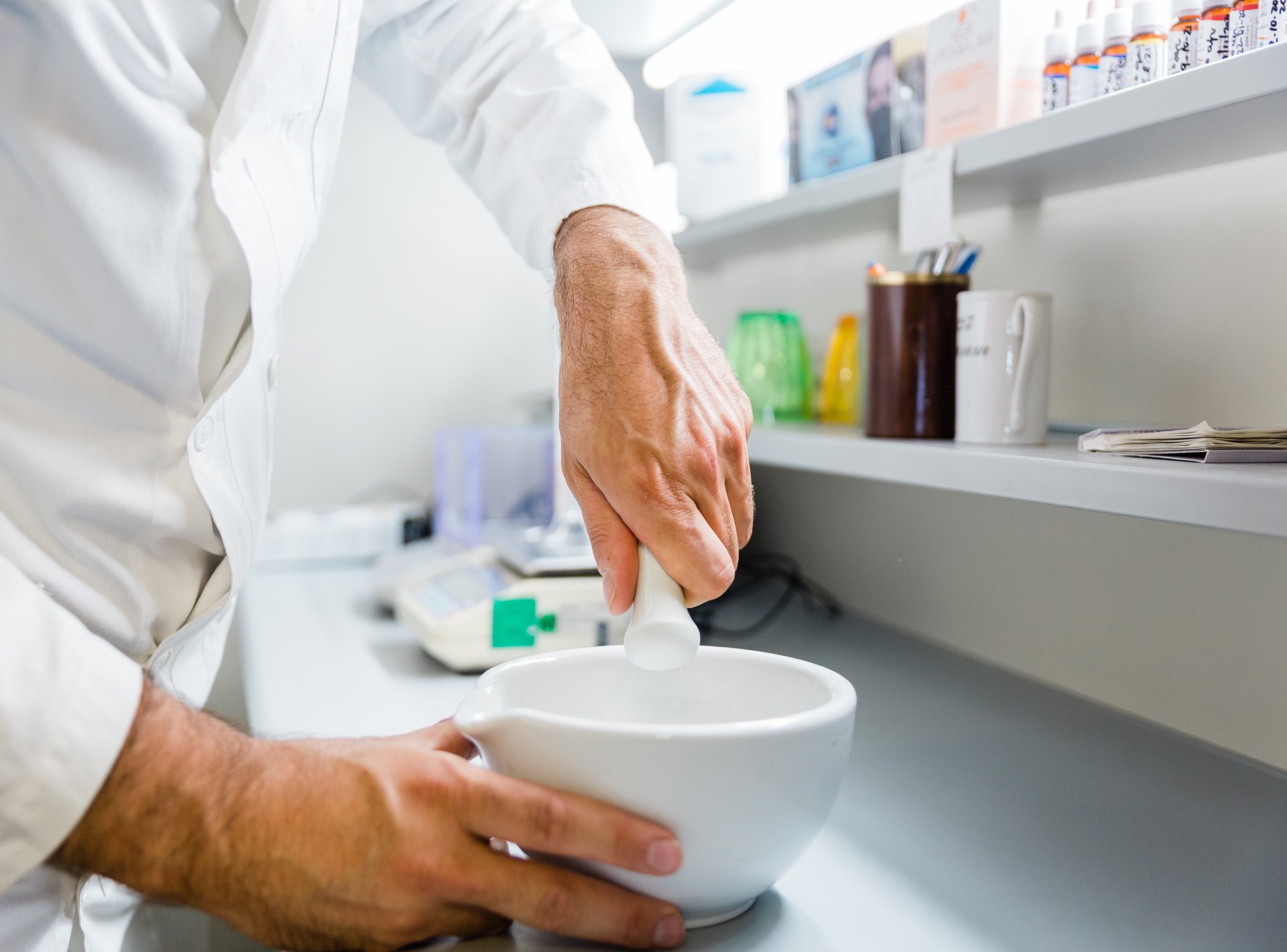The TGA and the FDA have raised concerns about compounded semaglutide, with both regulators receiving reports of adverse events following patients’ use of semaglutide-like products.
They have warned that patients should not use a compounded drug while an approved product is available and reiterated that patients and health care professionals should understand that the agency does not review compounded versions of these drugs for safety, effectiveness, or quality.
The TGA said medical practitioners and pharmacists “should consider their individual legal and professional responsibilities in prescribing and dispensing an ‘unapproved’ product, including compounded semaglutide-like products.”
The regulator said Novo Nordisk was the only pharmaceutical company with TGA-approved products containing semaglutide, identified under the trade names Ozempic and Wegovy.
“We are aware of an emerging trend for telehealth providers to offer compounded semaglutide-like products,” a spokesperson said. “However, compounded semaglutide-like products are ‘unapproved’ therapeutic goods and have not been evaluated by us.
“The compounding of medicines should be reserved for exceptional clinical circumstances where all suitable alternative treatments using approved therapeutic goods, which are those included on the ARTG, are unavailable, have failed or are deemed unsuitable for the patient.”
The safety risks have been associated with the use of compounded products containing a salt formulation of semaglutide, including semaglutide sodium and semaglutide acetate.
The salt forms are different active ingredients than those used in the approved drugs, which contain the base form of semaglutide, and the FDA indicated that it was not aware of any basis for using the salt forms that would meet requirements.
In the US, the FDA first wrote to the National Association of Boards of Pharmacy last April expressing the agency’s concerns with use of the salt forms in compounded products, and in October, it sent additional letters to the National Association of Boards of Pharmacy and the Federation of State Medical Boards expressing similar concerns.
Both US and Australian agencies have also reported the discovery of illegally marketed semaglutide online, with the FDA warning that “these drugs may be counterfeit, which means they could contain the wrong ingredients, contain too little, too much or no active ingredient at all, or contain other harmful ingredients.”
“We strongly encourage consumers to discuss their individual clinical circumstances with their doctor or pharmacist, who are best placed to recommend an alternative medicine or treatment or may be able to arrange supply of a replacement product from overseas through one of our access schemes,” the TGA said, noting that in Australia, it was illegal to advertise prescription-only medicine to the public.
“This means that if you see advertising for Ozempic or semaglutide, it is illegal and may represent a counterfeit product or a scam.”
There are exemptions in the TGA legislation that recognise the one-off nature of compounded medicines and the professional training of the pharmacist who prepares it, and a TGA manufacturing licence is not required because only small quantities are made specifically for the individual patient.
Instead, compounding is regulated by the states and territories in line with the Pharmacy Board’s guidelines and professional practice obligations.
“When a medicine is compounded, it can have a different strength and different ingredients from similar, approved medicines… and it is important to note that compounded medicines are exempt from some of the controls over the quality or efficacy of the goods when compared with medicine approved for supply in Australia,” the TGA said.


